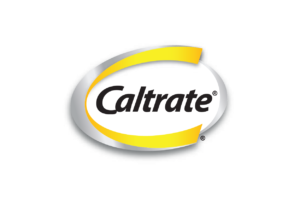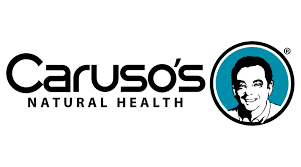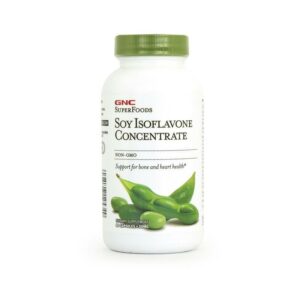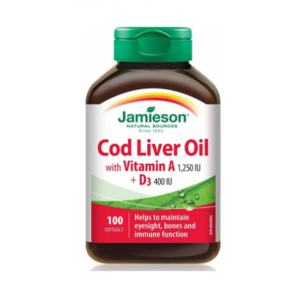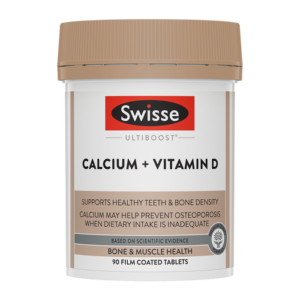
Calcium: Effects, Supplements, Deficiency, Sources, and More
What is calcium?
Calcium (Ca) is an essential nutrient that helps to form strong bones and teeth. This naturally occurring substance is the most abundant mineral in the human body. Studies suggest that 99% of the body's calcium is found within the skeleton and teeth. The remaining 1% is contained in our bloodstream and other tissues. Calcium is also required for blood clotting and muscle functioning inside the body. Today, calcium is widely known for preventing osteoporosis and bone defects in humans. The only source of calcium is from the food we eat. It is found in some foods or added to others to fortify them. Calcium is also available as a dietary supplement and present in some medicines.
The Health Benefits of Calcium
Calcium plays a vital role to keep our bones and teeth healthy. Well, this is how it works. After eating a calcium-rich diet, the calcium is absorbed in our small intestine. During the process of circulation, it is mostly deposited into our bones. Due to effect, calcium helps to prevent 'thinning' of the bones. A low level of bone density is one of the primary causes of weak bones and osteoporosis.
Studies have found that our bone mass increases most rapidly during adolescence. So, youth is an ideal time to build bone mass by consuming high amounts of calcium. There is also favorable evidence that calcium can improve heart health. Since calcium helps regulate muscle contractions, including heartbeat, these studies suggest it may help stabilize blood pressure levels.
In summary, the key functions of calcium include:
- Building strong bones and teeth.
- Regulating muscle contractions, including your heartbeat
- Maintain blood clotting at normal levels.
Calcium Supplements
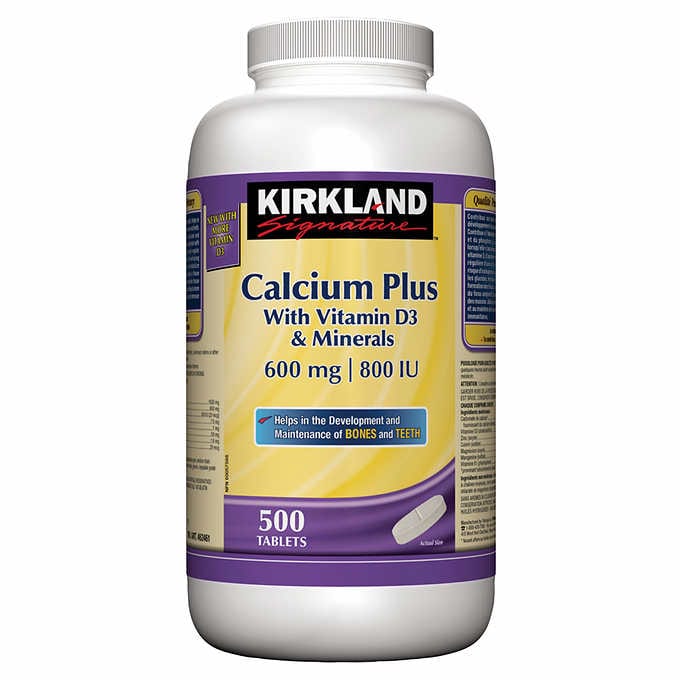
Calcium Supplements are beneficial for people with a low calcium level or nutritional deficiency. Taking quality supplements also helps to promote bone formation and prevent osteoporosis. Like every drug, calcium supplements require caution and precision to enjoy their maximum benefits. This means that anyone who takes calcium supplements should always stick to the prescribed dosage to avoid abuse and side effects.
Calcium supplements come in two main forms, calcium carbonate and calcium citrate. Calcium carbonate is more popular in the market because it is cheap and convenient. However, the main difference between these two calcium supplements is how they are absorbed by the body. Calcium carbonate must be taken with food to be absorbed by the body, whereas calcium citrate does not need to be taken with food. Therefore, calcium citrate is the stomach andintestineThe best choice for unwell patients. Another difference is that calcium citrate may require more tablets to achieve the desired dose, whereas calcium carbonate requires only a few tablets. But calcium carbonate is considered to have a higher risk of side effects than calcium citrate.
Related:EXERCISE, CALCIUM AND VITAMIN D: THE SECRETS OF STRONGER BONES
Calcium Dosage Requirement
Several research suggests that the absorption of calcium is highest in doses less than 500mg. This implies that the highest dose a person should consume at once should be less than 500mg. Therefore, you should avoid eating too much calcium (above 500mg) contained in a single plate of food at a time. The same rule applies when you take calcium supplements. So, for example, if you want to take 1,000mg of calcium a day, it is best to split the dose and take 500mg at two separate times during the day. The daily, average calcium-intake recommended for everyone include:
| Class | Age | Dosage per day |
| Children | 1 to 3 years | 350 mg |
| Children | 4 to 6 years | 450 mg |
| Children | 7 to 10 years | 600 mg |
| Adolescent Boys | 11 to 17 years | 1000 mg |
| Adolescent Girls | 11 to 17 years | 800 mg |
| Adults | 18 to 50 years | 1000mg/1300mg |
| Adults | 51 to 70 years | 1000mg |
| Adults | 71 years and above | 1200mg |
| Breastfeeding women | 18 to 50 years | 1,250 mg |
Calcium Deficiency
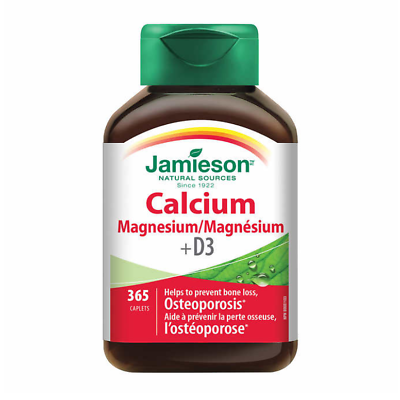
A calcium deficiency is called hypocalcemia. Hypocalcemia can result when a person does not get enough calcium for a long time, especially in childhood. For this reason, most children who are allergic to calcium-rich foods are prone to hypocalcemia later in life. Some medicines can also lower the amount of calcium in the body, including steroids and antacids (drugs that reduce stomach acidity). People taking these drugs must increase their calcium intake to avoid hypocalcemia. Hypocalcemia is especially likely to occur in fertile or aging women. Typical symptoms include growth of brittle nails and bones that crack easily. Other symptoms include muscle cramps, fatigue, depression, and abnormal heart rate.
It should be noted that deficiencies in vitamin D and calcium have been documented as important causes of osteoporosis. Therefore, adults and pregnant women must:
- Eat more foods that are rich in calcium and vitamin D.
- Take daily calcium and vitamin D supplements.
Calcium-Rich Foods
Rich sources of calcium include:
- Milk, cheese, Yoghurt, Ice cream and other dairy foods
- Green leafy vegetables – such as curly kale, okra and spinach
- Fortified drinks like soya drinks with added calcium.
- Bread and anything made with fortified flour.
- Bony fishes like sardines and pilchards.
- Other foods like beans, sweet potatoes.
Calcium Supplement Side-Effects
All nutrients have side effects when taken in excess quantity. Taking calcium supplements must be modulated to avoid an overdose which could be harmful to health. Today, a situation of excess calcium intake into the body is called "Hypercalcaemia." It is caused by consuming high amounts of dairy products or calcium supplements. Hypercalcaemia is still a rare condition in the world. However, it is advisable to stay cautious while taking calcium from diet and supplement.
Hypercalcaemia can cause serious health problems, like:
- Poor kidney function (passing a lot of urine)
- Poor appetite
- Dizziness and headaches
- Constipation and vomiting
- Abdominal pain and bone pain
Why You Need both Vitamin D and Calcium
Eating calcium-rich food is very vital for the growth of strong bones and teeth. However, our body cannot absorb calcium into our bloodstream without the presence of vitamin D. For this reason, Vitamin D is very primary if we wish to make the best from our calcium diet. Luckily, our body produces Vitamin D when our skin is exposed to sunlight. However, during winter or a cold season when the days are short, and the sun is low, vitamin D deficiency could be a problem. Therefore, it is advised to take a vitamin D supplement of 10 micrograms per day to forestall the risk of deficiency.
Related Products:
-
Swisse – Ultiboost Calcium + Vitamin D 90 Capsules
Original price was: $128.00.$65.00Current price is: $65.00. Add to Cart







